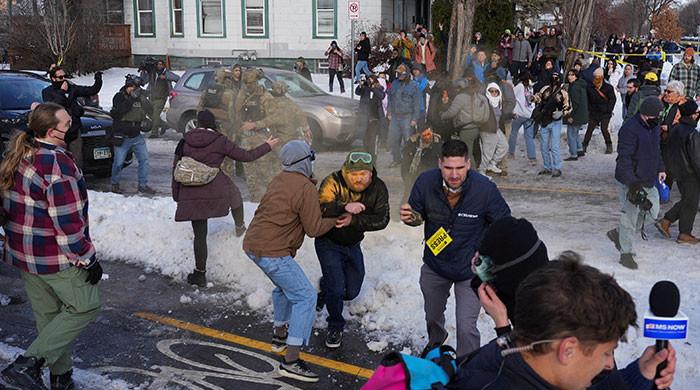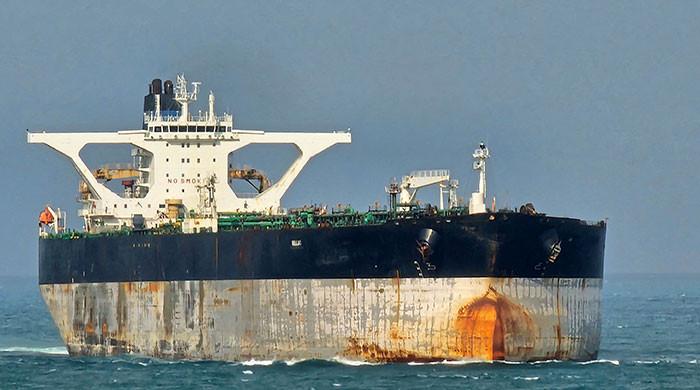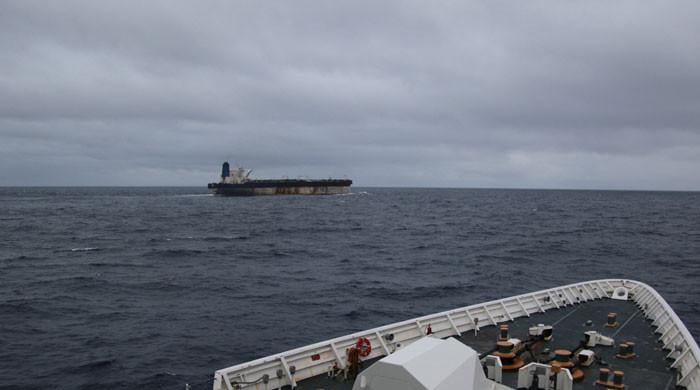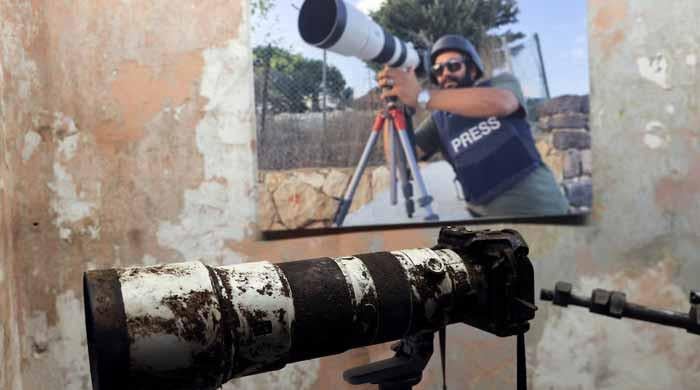Emergency declared in Canberra as heatwave breaks records
The state of emergency declared on Thursday is the first in the Australian Capital Territory, which includes Canberra and some surrounding townships
February 02, 2020
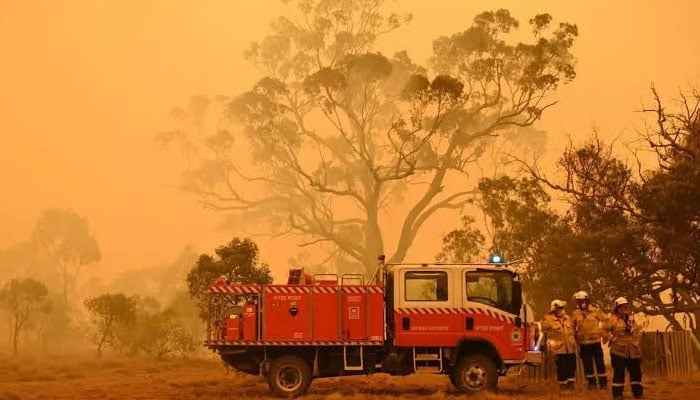
SYDNEY: Temperatures in the Australian capital Canberra have set a new monthly record amid an advancing wildfire that has prompted a state of emergency declaration, weather service Meteo France said Sunday.
The city declared its first state of emergency in nearly two decades last week in anticipation of a heatwave and predictions that fires could hit the southern suburbs.
On Saturday, temperatures in Canberra hit 42.7 degrees Celsius (108.9 degrees Fahrenheit), an all-time high for February that broke a record of 42.2 degrees Celsius (108 degrees Fahrenheit) set in 1968, Meteo France weather forecaster Etienne Kapikian said on Twitter.
That temperature was also the third-highest recorded in the city in any month, Kapikian said.
The new record along with all-time highs in January and December make the 2019-2020 summer the hottest on record, he said.
Australia´s Bureau of Meteorology did not immediately confirm the records.
The state of emergency declared on Thursday is the first in the Australian Capital Territory, which includes Canberra and some surrounding townships, since 2003, when fires destroyed almost 500 homes.
The main threat comes from the Orroral Valley fire, which has burned around 18,000 hectares (45,000 acres) of mostly remote bushland.
Authorities say the searing heat, accompanied by dry winds, could bring severe bushfire conditions to parts of New South Wales and Victoria. More than 80 fires are still burning across the two states.
Temperatures in the New South Wales town of Richmond climbed to 46.8 degrees Celsius (116.2 degrees Fahrenheit) on Saturday, Kapikian said.
Storms are forecast to follow the heatwave, bringing rain that could help dampen fires but also carry the potential for wild weather, including flash flooding.
Extreme weather has battered parts of Australia in recent weeks, bringing giant hail, floods and landslides.
At least 33 people have died and vast swaths of the country have been burned since September.
The months-long crisis has sparked renewed calls for Australia´s conservative government to take immediate action on climate change, with street protests urging Prime Minister Scott Morrison to reduce the country´s reliance on coal.
Scientists say the bushfire disaster was likely exacerbated by climate change, coming on the back of a crippling drought that turned forests into a tinderbox and allowed blazes to spread out of control quickly.





